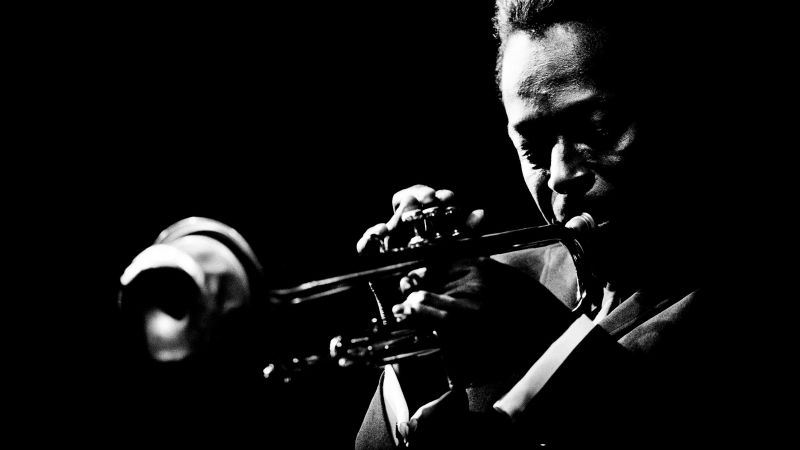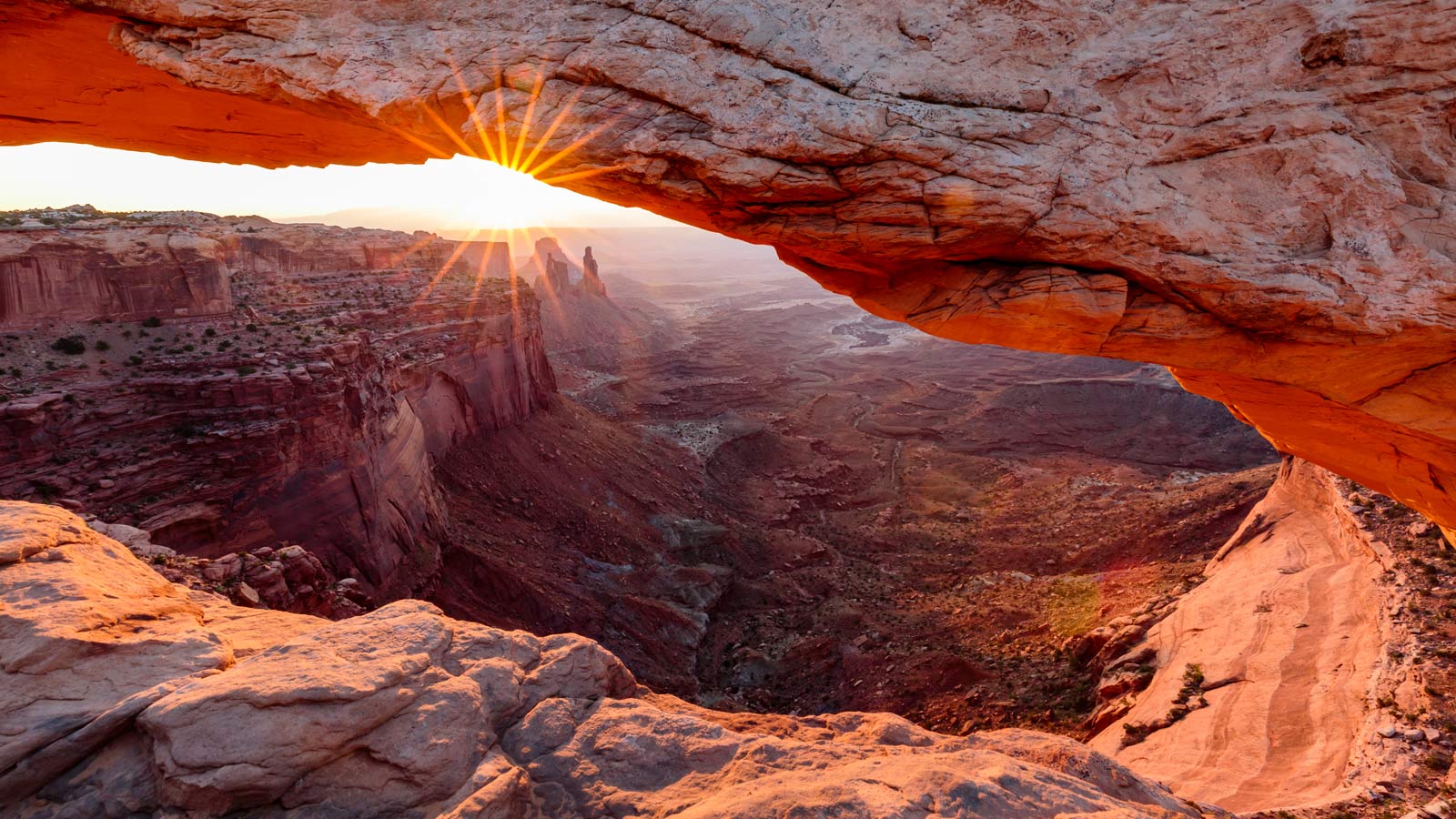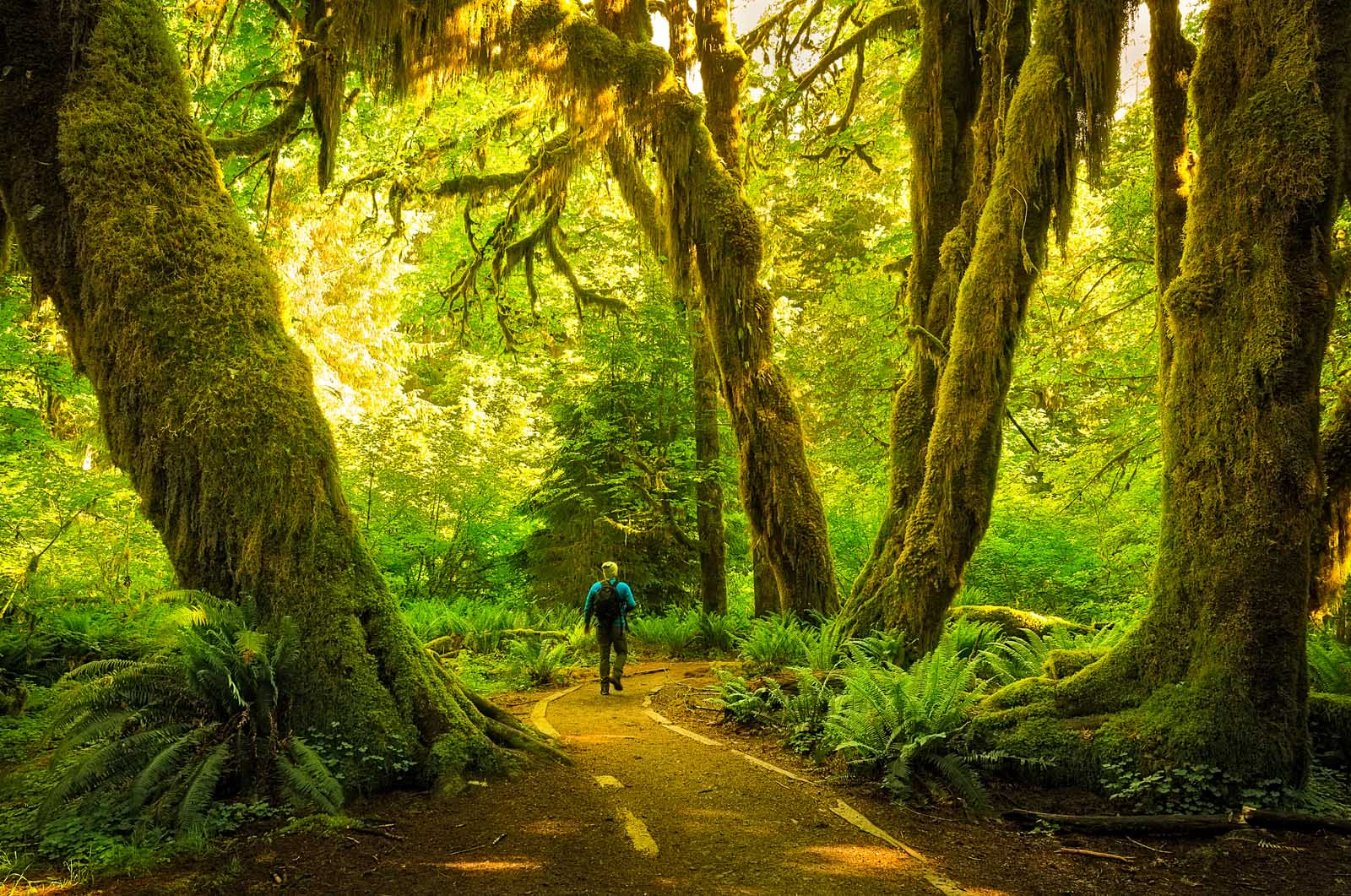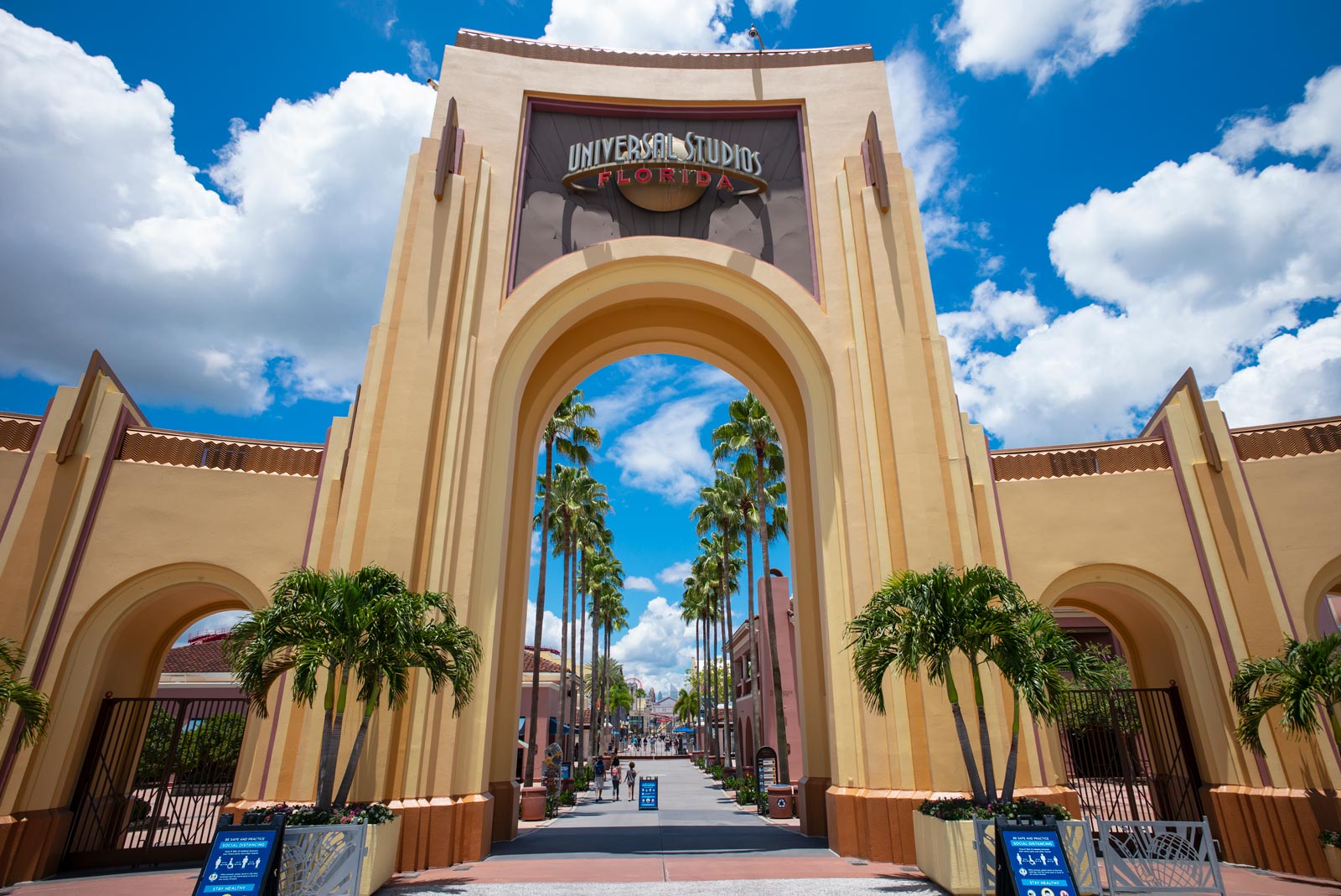Memorable Moments from the Monterey Jazz Festival
The Transition from Jazz to Rock
The Monterey Jazz Festival has been a pivotal event in the evolution of American music. Established in 1958, it marked the beginning of notable transformations in music genres. Notably, during the 1960s, the festival not only showcased jazz but also witnessed the rise of rock music.
Iconic Performances
Numerous legendary musicians graced the stages of the Monterey Jazz Festival, leaving a lasting impact on both attendees and the music industry. Some significant highlights include:
- Miles Davis captivated audiences with his innovative trumpet playing in 1964.
- Duke Ellington performed a mesmerizing set that showcased his extraordinary compositional skills.
- In 1963, the crowd experienced the soulful sounds of Nina Simone, whose performances were bursts of emotion.
Behind the Scenes
The backstage scenes were equally riveting, offering an intimate look into the lives of these musicians. Famous photographs capture significant moments, spotlighting artists like Dizzy Gillespie and John Coltrane in candid settings.


Enduring Legacy
The Monterey Jazz Festival remains a cultural landmark, celebrating jazz’s rich history and its ability to evolve. The festival effectively encapsulates not only the history of jazz but also its sustainability in the music world today.




